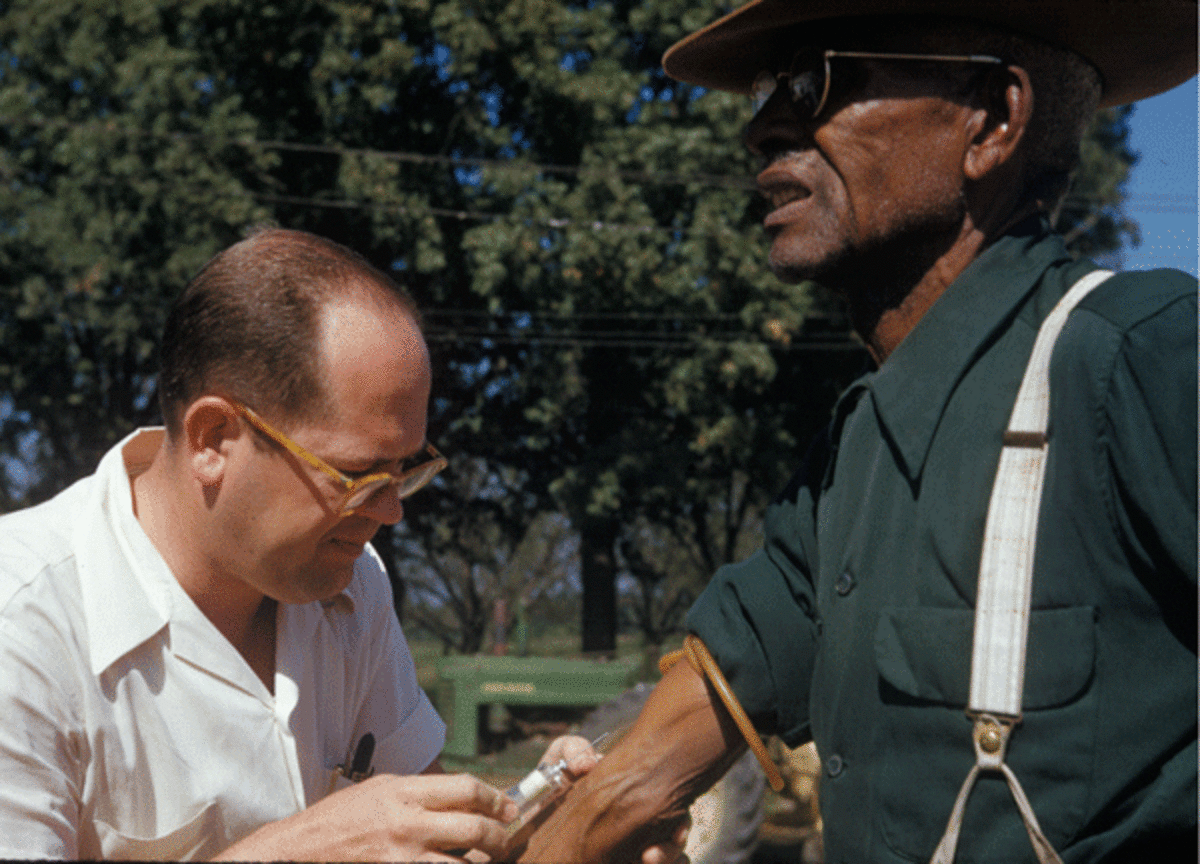Should Human Genes be Patented
Much protest and controversy exists over gene manipulation and claims of ownership
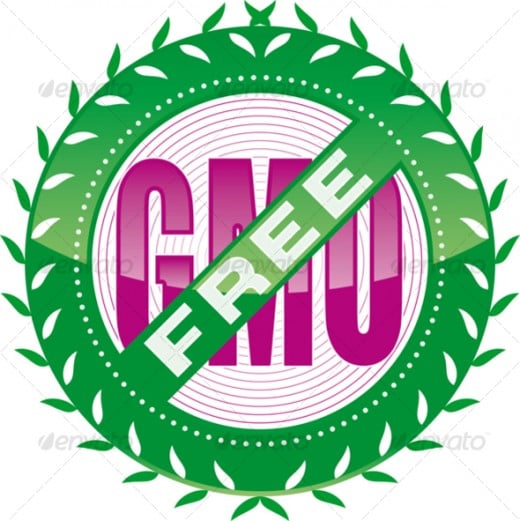
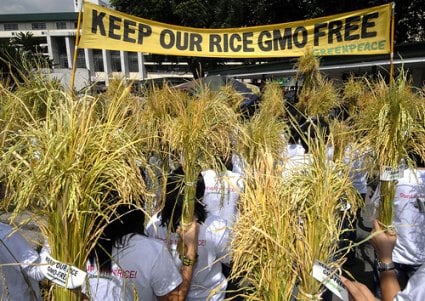
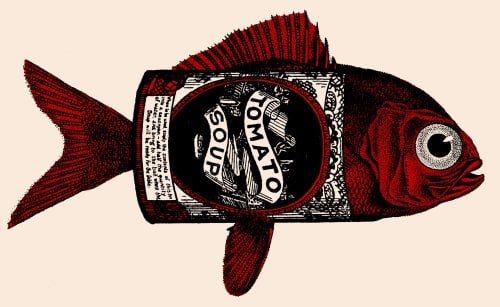
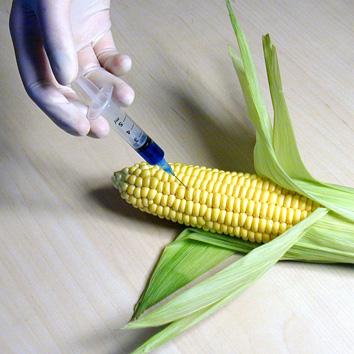
The prevalence of GMOs in plants and animals raises the possibility of human GMOs
The question of patenting has more to do with law of possession than it have to do with the reality of the situation. Human genes are like many others in animals and plants, which have a lot in common. Further, the variability in the human genome is also natural. At the base, there are four peptides and a linking phosphate molecule. The various combinations of the basic four, Adenine, Cytosine, Guanine and Thymine are what make up molecular groups that we call genes. These interact with RNA to reproduce exact copies of DNA in cellular mitosis and one half in sexual reproductions in the context of cellular DNA fusion. Adenine and Thymine are usually found together as a matching pair as are Guanine and Cytosine. If there is a mismatched pair in the DNA strand, it is either due to a mutation, or to artificial manipulation of a single strand of DNA.
To artificially insert a foreign gene within a strand of DNA between two other genes, or even within a split gene does not make the inserted gene less natural. Nor doe its new found relationship in the greater context makes it less natural. It is only the act of manipulating the gene into the human genome that is artificial. To say that a changed genome is therefore something manufactured and artificial and thus subject to patent laws is to endanger all people, rendering them as intellectual property that belong to a certain individual or corporation and subject therefore to their legal ownership. At its base, this is a furtive form of chattel slavery. The whole idea behind artificially inserting genes is to create a Genetically Modified Organism (GMO). This modification is done for a variety of reasons, typically to improve the organism, make it more disease and pest resistant, make it produce human hormones and so forth. Once such a change has been effected, the person or corporation who has modified the organism can claim a patent on a “new” life form. This is actually little more than accelerated natural selection. Given enough time, an organism will adapt on its own to resist disease. This is true amongst humanity where you have naturally occurring resistance to TB and AIDS.
To grant a patent in such a case is to place the human genome in the given situation, the intellectual property of the grantee of the patent makes that genome property of theirs for which they can market and profit. Within the medical context, someone who is having genetic medicine to remove the negative effect of a genetic based disease suddenly becomes the intellectual property of someone or some corporation and the law may stipulate that the person must now have to pay for the use of their own body. The whole situation becomes a question of ethics and whether or not one corporation or individual has the right to charge another a fee to simply live. Some will immediately argue that we already do this by making everything needed to live a controlled substance and that we have to work to pay in order to live. This however, does not negate arguments concerning genetic manipulation of any organism. The person being charged is legally no longer the owner of their own genome and its product, their own body. In essence this becomes a new type of slavery.
The corporation or individual who owns the patented person may then pursue whatever profitable enterprise they like concerning the patented and owned individual, including such things as the harvesting of organs for the highest bidder. Now, in some countries, this is already going on without patent laws nor genetic modification, but some other law intervenes to reduce the person to ownership of someone else to do with as they like. Big developers and bidders like Monsanto have an interest in patenting Genomes, including any that may be inserted into human beings in the future. As far as GMOs are concerned, Monsanto already holds many patents. They are currently pushing legislation in order to force GMO foods on the market and eliminating labeling for organic food in the US, Canada and abroad. This is being done under the aegis of Codex Alimentarius, ostensibly to “end hunger and poverty”. But programs of the past did nothing of the sort, as food is an economically controlled substance, every bit as regulated as medical marijuana. Some people go so far as to suggest that GMOs are a covert program of biological warfare in a bid to bring down the world population to what some think is an acceptable level. We already know that people can have food sensitivities and allergies, even without GMO products. It is feared that GMO products could work like this on a mass scale. All this aside, human beings have proven resilient and have adapted to radical changes in diet in the span of a single generation. Today's diet is far different that that of even a hundred years ago. In that era, people were forced to eat locally and whatever was available, even if it was bugs, bark, grass, roots and pine needles. Living in an international world where global travel is a reality, many people have radical diet swings on a scale of weeks and survive to talk about the enjoyment of it. Manipulating the human genome is something else altogether and poses a much greater threat than is possible under Codex Alimentarius and GMO products. Like GMOs, new gene sequences can be patented and “owned” by powerful corporations that exist for the sole purpose of profit making. Most people balk at being owned by some master, especially a hidden master, who has secret designs.
GMOs can be spread on the wind like GMO corn pollen as corn is wind pollinated. This means that the seed of non-GMO corn becomes “contaminated” by GMO pollen and produces GMO seed on a non-GMO plant with all the legal ramifications of expropriating someone's intellectual property. There are such cases in the law courts that usually sue non-GMO producers out of existence; at least as far as continuing to farm as a livelihood. Extrapolate this to GMO human beings and when they reach maturity, all their children who now have GMO material in their bodies likewise become the property of the “inventor.” So the GMO person and all their children can be claimed as property regardless if the other parent is natural and non-GMO.
In a related field, biologists have assembled an entire bacterium from scratch, building first the basic nucleotides and then assembling those into the entire DNA of the bacterium. They have entire ownership of the genome in this case by definition of the law. The entire DNA is then inserted into a host macrophage. So far, the completely artificially assembled bacterium has not come to life on its own. Now the biologists are attempting to figure out how to “boot it up” so that it takes on a life of its own. This is mentioned in this context to show that genetically modifying an organism so that the genome or genes can be patented does not in effect make a better organism. There are many unanswered questions at this point. The answer to this one has to be examined on the basis of economics as well as biological science. Who is going to profit from your genetic code? In the end, there is but one owner; God; who owns even the minds of the inventors of GMO products.
As of May 2010, scientists have assembled a strand of over a thousand genes and inserted it into a bacterium. This bacterium was then encouraged to reproduce, and so it did and the scientists have proclaimed success in reproducing an entirely artificial set of genes after the bacterium made a billion copies. Though the genes were “attached” as it were to an already living organism, this is not creating life from scratch. It is however altering an existing organism. This has the potential, once they get a grasp of how the new genes function in the microbial environment, it will then be possible to alter organisms to perform any function that is called for. The benefits can include breaking down toxic wastes and spilled oil to making biological computers. The negative sides are the use of new super bugs in war that selectively target certain groups of people and the ability of designers to take out patents on new variations of food crops and fibers. These genes are designed by computers to perform certain functions and it is a matter of time before they take a newly formed human zygote and change it's genetic structure before its first division so that every cell contains the new genetic information. Patents can be taken out one the new added on genes and thus a company can claim at least part ownership of every single cell in that person's body.
The new process has been called the start of a new industrial revolution. But it is still a far cry from making a total living being entirely from scratch. What has been accomplished is gene splicing of a large artificially made strand of DNA onto the genome of an already living bacterium. This is similar to the process of an invading pathogen taking over the genome of the host and replicating itself. What has in essence been accomplished is this process to create copies of desirable proteins that are artificially designed and attached to existing organisms. These can be harvested or used as part of the greater entity for specific ends. It is at least theoretically possible ti now tailor design human cells artificially. As in the question of GMOs, there is a lot of controversy.
A case in point has emerged in the cotton region of India, where GMO cotton seeds sold by a monopoly at much higher cost than regular seed, has driven up costs and debt, for the return of twice as much cotton production. This makes large farming concerns more profitable and gives a huge return to the GMO seed producer. On the negative side, mounting debts have driven tens of thousands of farmers to suicide because they could not pay for the seed if the crop failed or buy new ones without collateral. These are some of the human impacts. Now, some GMO foods have been introduced, presumably to fight against hunger, but once more the cost of patented seeds is extremely high with similar results for crop failure and inability to pay spiraling debts. Many people are concerned about the health impact of GMO foods as not enough research exists on this side of the question.








